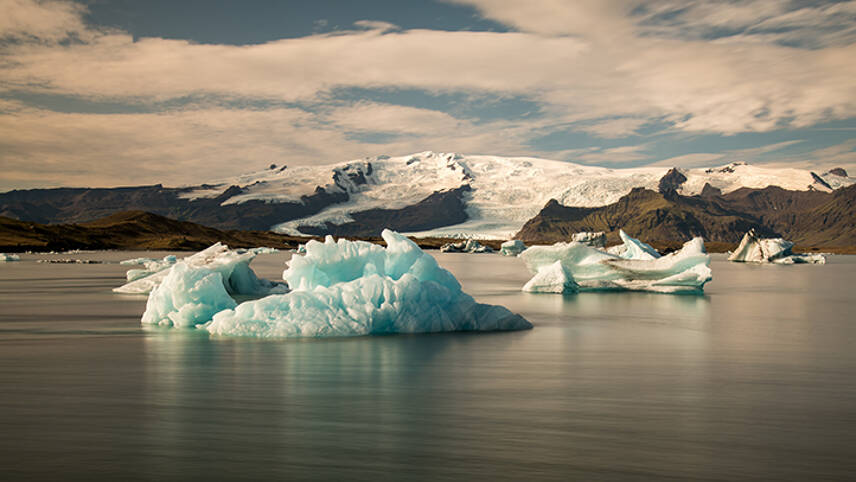Register for free and continue reading
Join our growing army of changemakers and get unlimited access to our premium content

On a 1.5C trajectory, around 10 tipping points could be breached
The research, which was published in Science last week, reviewed hundreds of studies across academia to provide a global picture of how the climate crisis will alter key environmental tipping points.
On a 1.5C trajectory, around 10 tipping points could be breached which include huge sea level rises because of the Greenland ice caps collapsing, current disruptions in the north Atlantic and the melting of permafrost which currently stores away carbon bombs.
The partial and total collapse of Amoc, Amazon dieback, permafrost collapse and winter sea ice loss in the Arctic are also outlined in the study. Crucially, the Amazonian tipping point doesn’t include deforestation impacts, which would make global changes in that reason even more severe.
The Amazon rainforest is already facing a “tipping point crisis” as deforestation, degradation and the lack of protection for indigenous people look set to threaten one of the largest ecosystems on Earth, according to a new report warning that action must start now to protect it.
The remaining tipping points would likely occur at a global heating level of at least 2C. In comparison, the world is currently on course for around 2.6C based on existing net-zero pledges from nations.
These tipping points include killing off corals, monsoon season changes and the loss of ocean oxygen.
“Our assessment provides strong scientific evidence for urgent action to mitigate climate change,” the report states.” We show that even the Paris Agreement goal of limiting warming to well below 2C and preferably 1.5C is not safe as 1.5C and above risks crossing multiple tipping points. Crossing these tipping points (CTPs) can generate positive feedbacks that increase the likelihood of crossing other CTPs.
“Currently the world is heading toward ~2 to 3C of global warming; at best, if all net-zero pledges and nationally determined contributions are implemented it could reach just below 2C. This would lower tipping point risks somewhat but would still be dangerous as it could trigger multiple climate tipping points.”
The Intergovernmental Panel on Climate Change (IPCC) is set to publish its latest report next month. The body’s most recent report highlights the “atlas of human suffering” that the climate crisis has caused.
The Sixth Assessment Report from the IPCC’s Working Group 2 warns that historic failures to cut emissions and slow progress on adaptation efforts have left more than 3.3 billion people – half of the world’s population – “highly vulnerable” to the impacts of the climate crisis.
Leaders from across the global green economy are urging policymakers and business decision-makers to heed the findings of a major new report from hundreds of climate scientists, accelerating efforts on adaptation, decarbonisation, backed by adequate levels of finance. Read the industry reaction here.
The report emphasises that the longer that action on the climate crisis is delayed, the greater the financial costs will be, as well as the toll it will take on humanity.


I keep on reading references to this very important study but it is not freely available, so I can’t make up my own mind … unless, of course, I pay a publisher to access the views of the authors who are already paid by a number of sources to do science, on behalf of the general public (ie: for the public good …), in a journal that uses free peer review to evaluate whether the science is robust. Please tell the authors to publish this material in freely-accessible media so we can make up our own minds.
There is one expression in climate science that I think is grossly misleading and that is “tipping point”. Tipping points do not exist in nature and there is no reason for imagining they will occur in a global warming phase.
The idea comes from a see-saw! There is a point beyond which the see-saw tips, and changes everything. This does not occur in nature.
A phenomenon may increase and even increase more rapidly, but that is not a tipping point. Anyone who uses the term more or less admits they are exaggerating for the sake of emphasis (or grant renewal!)
I think that’s a wee bit pedantic. Nature changes slowly, normally. Events which cause other events which then cause further events to accelerate which then tip the balance beyond what was anticipated could reasonably be described as a tipping point.